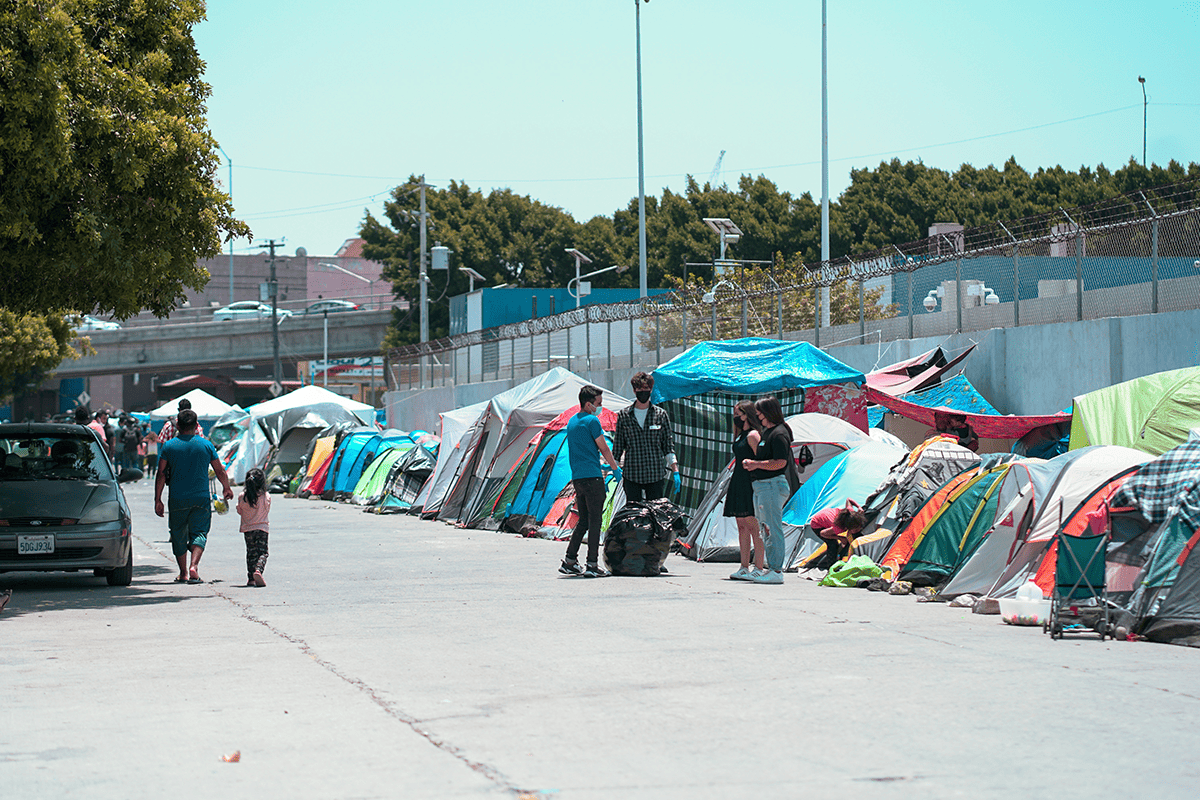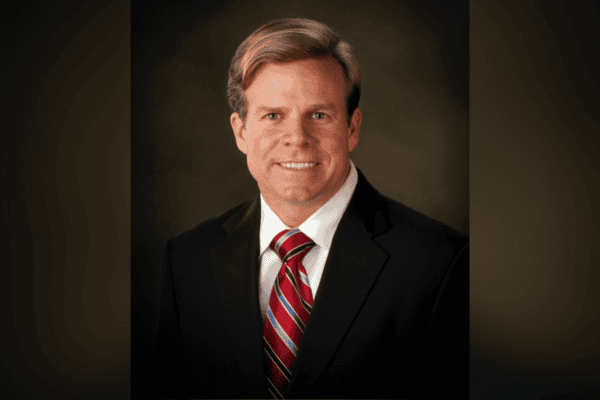Bill prohibiting local governments from validating community IDs for illegal immigrants poised for final vote

TALLAHASSEE, Fla. – Legislation preventing local governments from validating community IDs for illegal aliens passed its final Florida House and Senate committee stops on Wednesday.
The bill, HB 1451, was sponsored by Rep. Kiyan Michael, R-Jacksonville. Sen. Blaise Ingoglia, R-Spring Hill, filed the Senate version of the legislation.
Michael’s bill passed the House State Affairs Committee favorably, with lawmakers and members of the public expressing their support and opposition. It also passed the Senate Committee on Rules.
“Last year, we passed the state-led, anti-illegal immigration bill,” Michael said. “There was some language in that bill and it allowed for some municipalities to get around or to work a loophole, regarding community IDs.”
“This bill prohibits a county or municipality from accepting as identification, any ID card or document that is issued by any person, entity or organization that knowingly issues identification cards or documents to individuals who are not lawfully present in the U.S.,” she said.
Rep. Anna Eskamani, D-Orlando, asked which communities have been validating the community IDs for illegal immigrants.
“I can tell you that we do have some communities and municipalities that have gone around the law that we passed last year, such as Palm County, Ventura, Miami-Dade, that have somehow been able to obtain community IDs,” Michael responded.
Rep. Robin Bartleman, D-Weston, introduced an amendment excluding charter schools that issue community IDs to children who are not able to prove legal residency in the U.S.
Michael said that she did not support the amendment and that it was unnecessary.
The amendment ultimately failed to pass the panel.
Members of the public representing Florida Student Power, the American Civil Liberties Union, the Southern Poverty Law Center Action Fund and other groups spoke in opposition of the bill.
“We stand here to advocate for the power of community,” said Laura Munoz, from Florida Student Power. “The power of community IDs is really in that name. The power of the unity of community members from different backgrounds, from different lived experiences, being able to be identified.”
“In Miami-Dade County, we have police departments that have come and said ‘we need community IDs because they are important,'” she said.
Abdelilah Skhir from the the American Civil Liberties Union said that the group opposed the bill because of the importance of having community IDs.
“Obtaining or replacing a government ID or drivers license can be difficult for many residents, such as elderly people, Floridians with disabilities, survivors of domestic violence, immigrants and people facing homelessness or housing insecurity,” Skhir said.
“This is why communities across Florida have implemented community ID programs to meet the needs of residents and allow them to do everyday activities like picking their kids up from school, getting medication from a pharmacy and more confidently interacting with law enforcement, which makes our communities safer,” he said.
Rep. Tom Fabricio, R-Miami Lakes, emphasized the importance of passing the bill, highlighting the ongoing crisis at the U.S.-Mexico border.
“The state of Florida has to do something because we do have a compelling state interest to protect Floridians and I believe your bill works towards that,” he said.
Rep. Danny Alvarez, R-Riverview, said that the goal of identification was to figure out who the person is that one is dealing with at a given moment.
He countered some of the arguments that were given by bill opponents as to why obtaining government IDs were harder.
Alvarez explained how cost and homelessness is not a factor, since counties across the state have accommodated these issues by decreasing costs for low-income members of the community and implementing other forms of identification for those without an address.
“I ask you, why would we trust a community ID that can be forged so easily?” he said. “This isn’t emotional, I’m asking you, prove to me who you are? And you say, ‘I have a vetting process.’ I ask what the vetting process is. You say, ‘I bring you a bill, I bring you my birth certificate,’ all of which can be forged and all of it can be illegal.”
“What we’re trying to do is establish who you are and a vetting process that is in the best state interest so that when we interact with you, we can figure out who you are,” Alvarez said.
The legislation is expected to be picked up by both the Senate and House floors next.



